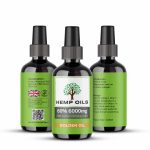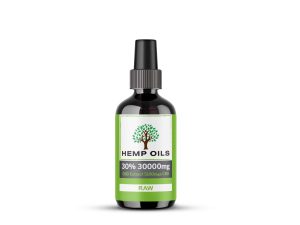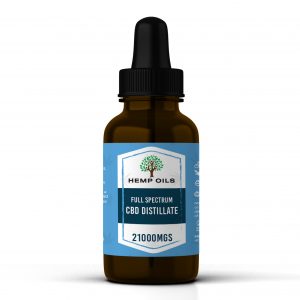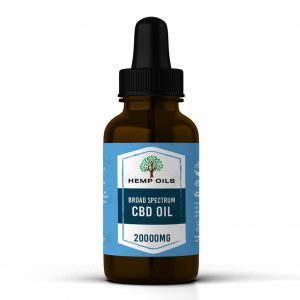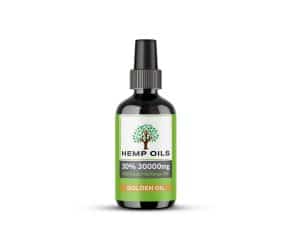Hemp oil, also known as hempseed oil, is derived from the seeds of the Cannabis sativa plant. Unlike its controversial counterpart, CBD oil, hemp oil does not contain significant levels of tetrahydrocannabinol (THC), the psychoactive compound responsible for the "high" associated with marijuana. Hemp oil has gained popularity for its potential health benefits and its diverse range of uses. In this article, we will explore the composition, nutritional value, health benefits, potential side effects, and precautions associated with hemp oil.
Composition and Nutritional Value
Hemp oil is composed primarily of polyunsaturated fatty acids (PUFAs), including omega-3 and omega-6 fatty acids, which are essential for the human body. These fatty acids play a crucial role in maintaining a healthy cardiovascular system, reducing inflammation, and supporting brain function. Moreover, hemp oil is a rich source of vitamin E, an antioxidant that helps protect cells from damage caused by harmful free radicals. Additionally, hemp oil contains other essential nutrients such as minerals, protein, and dietary fiber, all of which contribute to its nutritional value.
Health Benefits and Uses
Due to its nutritional composition, hemp oil offers a variety of potential health benefits. The omega-3 and omega-6 fatty acids present in hemp oil have been associated with reduced risk of heart disease, improved cognitive function, and better overall brain health. The anti-inflammatory properties of hemp oil may also benefit individuals suffering from chronic inflammatory conditions such as arthritis. Moreover, the presence of vitamin E in hemp oil promotes healthy skin and hair by protecting against damage from external factors such as UV rays and pollution. Hemp oil can be used in cooking, as a supplement, or even topically in skincare products.
Potential Side Effects and Precautions
While hemp oil is generally safe for consumption, it is important to note that it may cause mild side effects in some individuals. These side effects can include diarrhea, stomach cramps, and nausea. Additionally, hemp oil has the ability to interact with certain medications, particularly those that are processed in the liver. Therefore, it is crucial to consult with a healthcare professional before incorporating hemp oil into your diet, especially if you are currently taking any medications. Furthermore, individuals with allergies to cannabis should exercise caution when using hemp oil.
In conclusion, hemp oil is a versatile product with various potential health benefits. Its nutritional profile, including the presence of essential fatty acids and vitamin E, makes it a valuable addition to a balanced diet. However, it is essential to be aware of the potential side effects and precautions associated with hemp oil, especially if you have any existing medical conditions or are taking medications. As with any dietary supplement, it is always best to consult a healthcare professional before incorporating hemp oil into your routine. Whether used in cooking, as a supplement, or in skincare products, hemp oil offers a natural and potentially beneficial option for those seeking to enhance their overall well-being.
